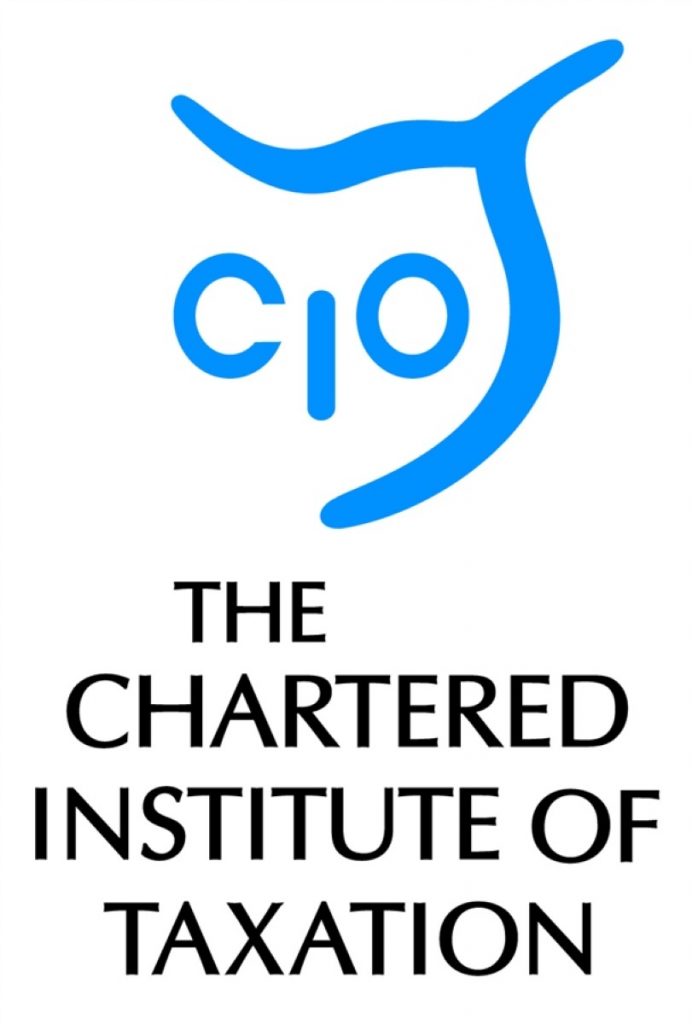The Low Incomes Tax Reform Group (LITRG), in partnership with the London Advice Services Alliance (LASA), has launched a new online tool1 to help people check whether they can claim universal credit and tax credits in their postcode area, an initiative that is much needed given the complicated roll-out of changes to benefits.
Universal credit is a single monthly payment designed to support people who are on a low income. It will eventually replace tax credits and four other social security benefits.
The new web tool (www.universalcreditinfo.net) is part of the award-winning www.revenuebenefits.org.uk website2 which already provides detailed information for advisers and claimants on the transition to universal credit for tax credit claimants. The new tool will help people check whether they are eligible to submit a claim for universal credit in their postcode area. They will also discover whether they can still claim tax credits and other benefits in their area and at what stage the migration to universal credit is at for existing claimants.
LITRG is also encouraging advice agencies and websites to make use of a widget which allows them to add the postcode tool to their own website.
Anthony Thomas, Chairman of LITRG, said:
“Universal credit has a complicated roll-out that is progressing slowly and it can be confusing for both claimants and advisers to understand how new and existing claimants will be affected in the short term. We hope our web tool will aid people who may be anxious about the changes.”
Since 2013, universal credit has been rolling out across the UK and will eventually fully replace working tax credit, child tax credit, income support, income-based jobseeker’s allowance, income-related employment and support allowance and housing benefit. To complicate matters further, two different systems are running alongside each other, and the rules about who can claim universal credit are different under each. As the full digital service rolls out, HMRC will no longer accept tax credit claims for people under state pension credit age in certain areas.
Notes for editors
1. By entering a postcode, the new tool will tell you:
- Whether you are eligible to make a claim for universal credit in that postcode and if so the conditions for claiming
- Future universal credit plans for your area (if known)
- Whether you can currently claim tax credits and other benefits in your area
- What universal credit means for existing tax credit claimants
- Links to detailed information about universal credit and moving from tax credits to universal credit
- Details of independent local advice organisations in your area
More detailed information about the roll-out of universal credit can be found on www.revenuebenefits.org.uk.
2. In 2012, LITRG and LASA (London Advice Services Alliance) launched the award-winning website www.revenuebenefits.org.uk. Funded by HMRC, the website is aimed at giving advisers detailed information about HMRC products including tax credits and child benefit. More recently it has launched a new transition to universal credit section.
3. Low Incomes Tax Reform Group
The LITRG is an initiative of the Chartered Institute of Taxation (CIOT) to give a voice to the unrepresented. Since 1998 LITRG has been working to improve the policy and processes of the tax, tax credits and associated welfare systems for the benefit of those on low incomes.
The CIOT is the leading professional body in the United Kingdom concerned solely with taxation. The CIOT is an educational charity, promoting education and study of the administration and practice of taxation. One of our key aims is to work for a better, more efficient, tax system for all affected by it – taxpayers, their advisers and the authorities. The CIOT’s work covers all aspects of taxation, including direct and indirect taxes and duties. The CIOT’s 17,600 members have the practising title of ‘Chartered Tax Adviser’ and the designatory letters ‘CTA’, to represent the leading tax qualification.





-01.png)